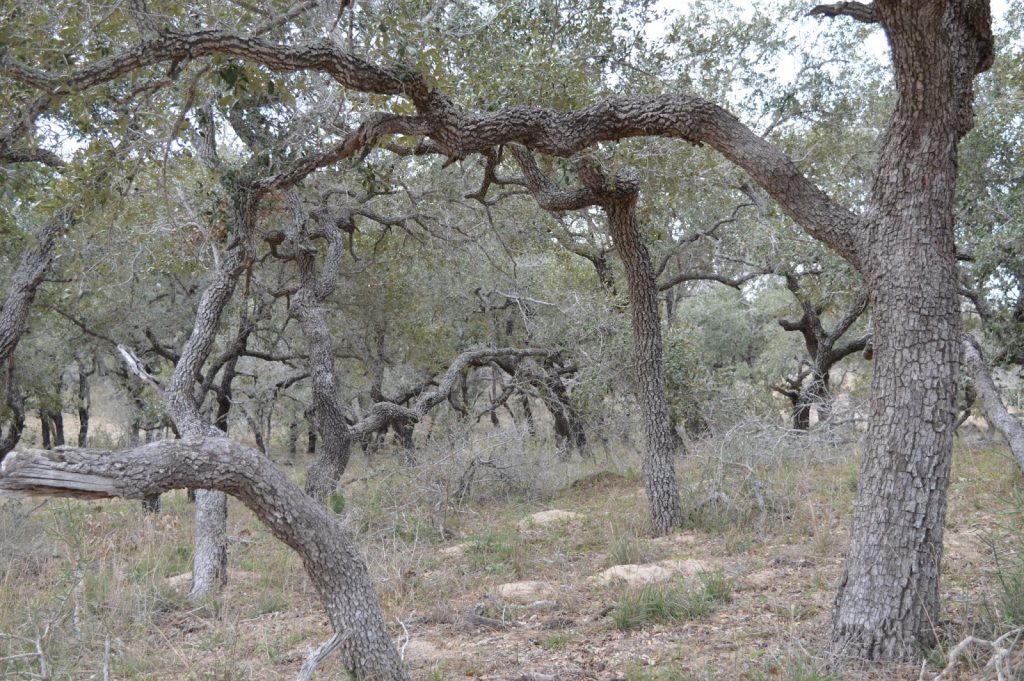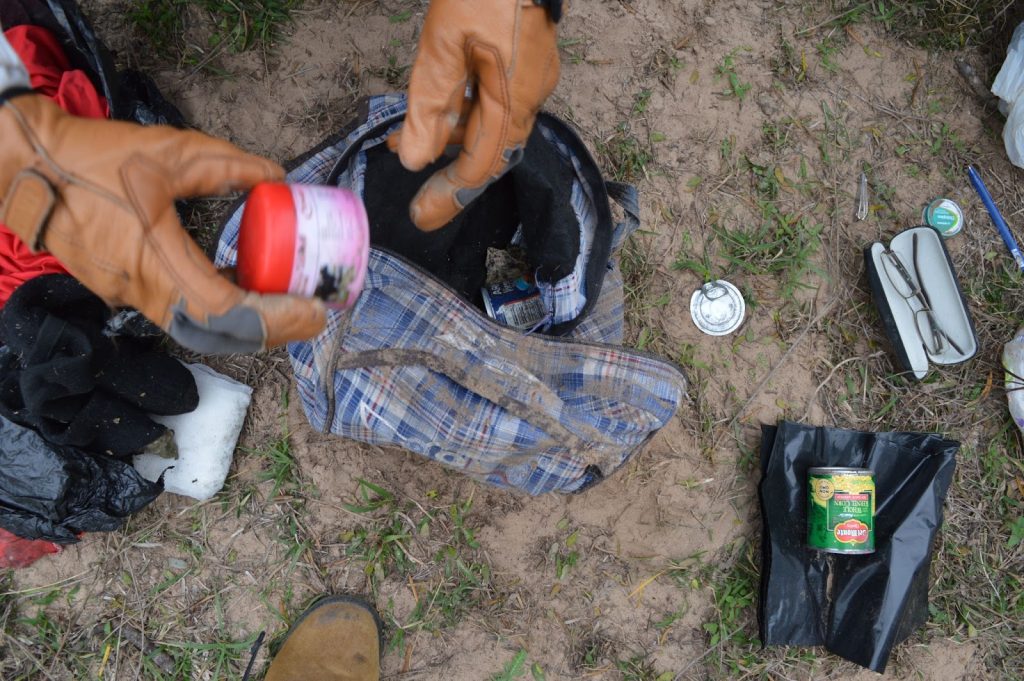The morning of any travel day is always so hectic! It usually involves scrambling to pack last minute items and going over a mental list (several times) to ensure that nothing gets left behind. Below is an example of items that our team leader, Dr. Latham suggests to bring during days of search and recoveries. Not something you think about every day.
The team meets early at the Indianapolis International Airport. We haven’t seen each other since the beginning of December so it was nice to catch up and hear about what everyone was up to during the holidays. There was a lot of out-of-state traveling to see family, a majority of the graduate students in the human biology program are not from the Indianapolis area. It seems as though we all equally value any time off from school to be able to spend quality moments with family that we don’t get to see often.
Once we check in and go through TSA we grab a quick bite to eat and huddle to discuss soft plans! I refer to them as “soft” plans because anything is subject to change. It is important to have a rough outline to make the most of our time but, equally as important to remain flexible. I cannot emphasize enough how trips to the Texas borderlands are unpredictable. The only thing we can expect is the unexpected!
I got a window seat during our first flight with a destination to Dallas-Fort Worth airport. I look out the window to see snowflakes and think to myself how lucky I am to be escaping the 18° degree weather. I took advantage of the first flight to catch up on some sleep as I barely got any the night before.
Remember mentioning the need to be flexible at the beginning of the post? Well when we got to the Dallas-Fort Worth airport we were met with a delayed flight of two hours to San Antonio. We passed time by people watching, sharing jokes, and talking. We finally boarded, I played four rounds of expert level sudoku and the next thing you know we were landing in San Antonio. This is not our final destination though, we still need to make a three hour drive to Falfurrias. We accomplished such with the help of our trusty, fancy rental car that was not what we originally booked (another challenge) but turned out to be a pleasant surprise. At first it took several minutes of trouble shooting to get adjusted because it is a high tech vehicle. The rental is also very sensitive, it literally sounds like it is about to detonate if any seatbelt (even if the seat is not being occupied) is unbuckled. It is so nice though, there is lots of leg room and big windows to look out of and gaze at the sunset. Eventually the night sky took over and we were able to see a waxing crescent moon and the planet Jupiter.
During our roadtrip to Falfurrias, we kind of just scanned through different radio stations, singing along to whatever songs were playing. We also talked about several movies that have made us cry, and concerts that we have attended in the past. It has been such an amazing time getting to know each other more. We checked into our hotel and made our way to H-E-B, a local grocery store where we grabbed food, water, and snacks that we will be consuming throughout the week. After, we grabbed dinner at Whataburger which was so good… nothing beats the spicy ketchup! We ate in our room and had a group meeting where we discussed what the plan is for our first day and were assigned different roles to be in charge of while in the field.
All-in-all it was a very long, tiring but fun day. It is a little scary knowing that this is supposed to be the day we get the most rest. I remain excited to see what the rest of the week has in store for us!

